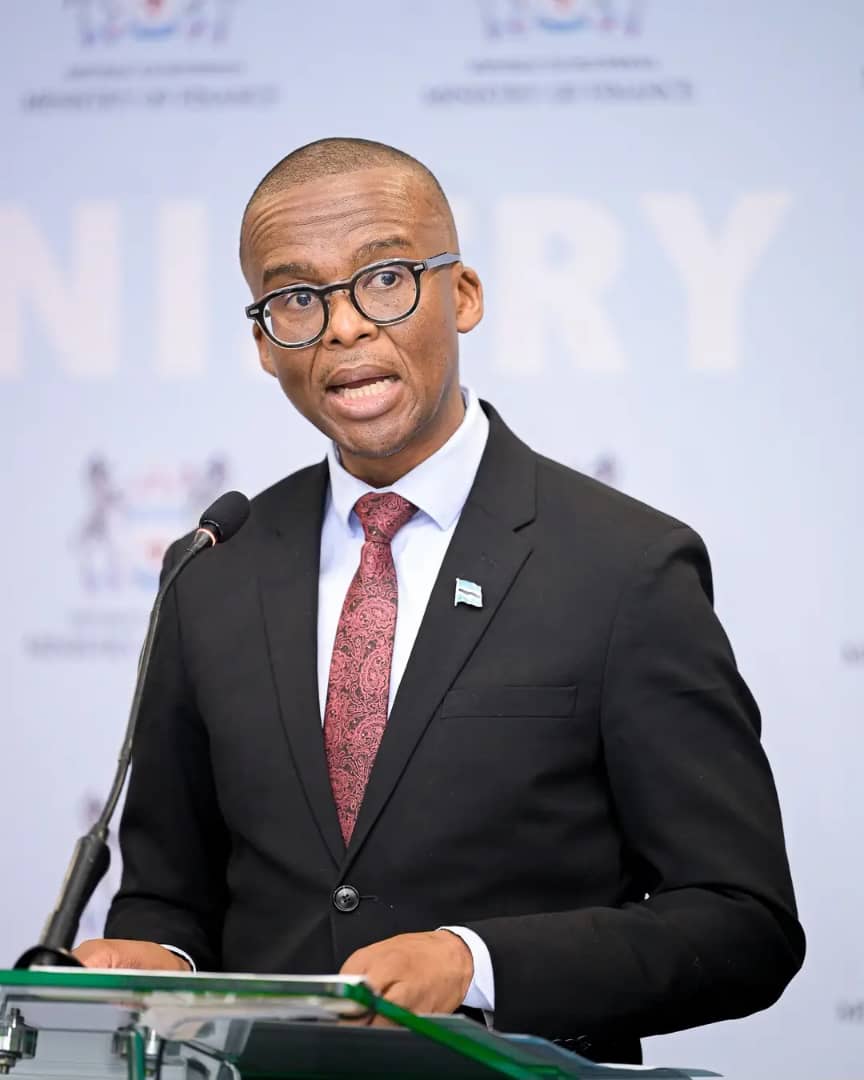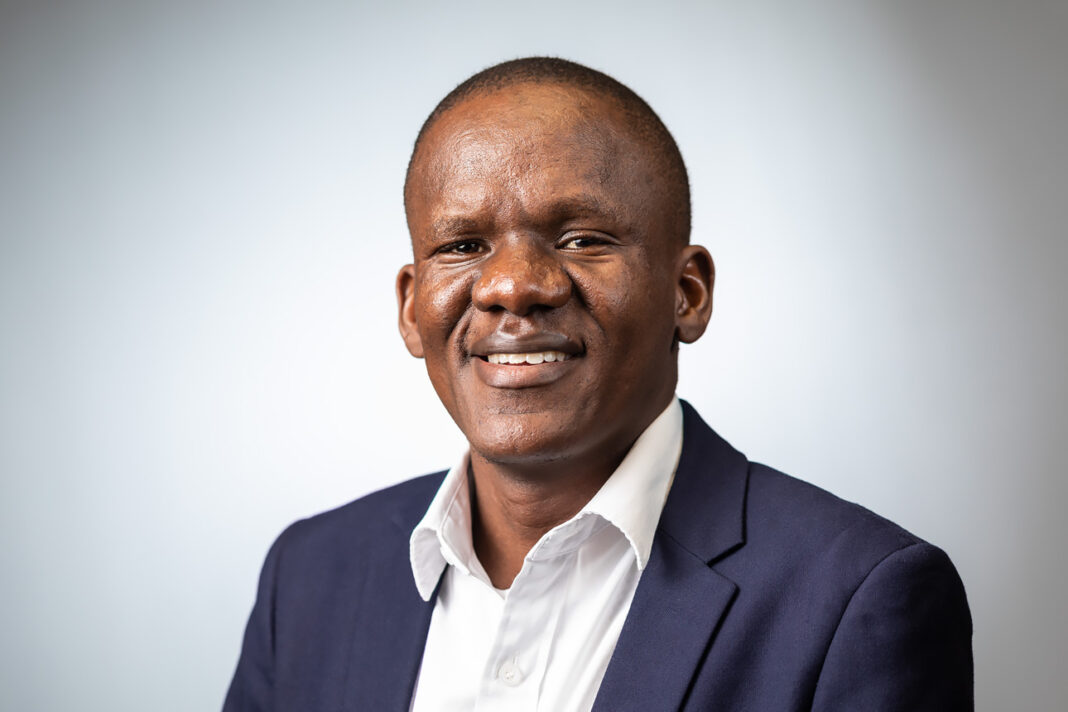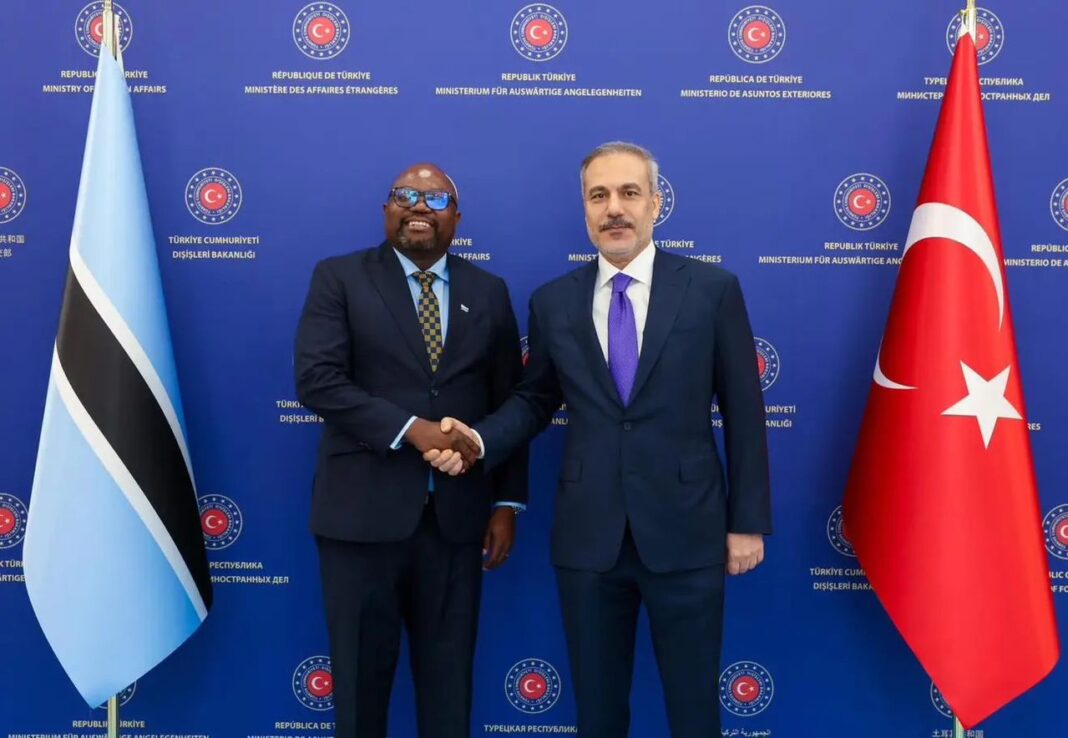Boemo Phirinyane
On July 15th, 2025, the Government of Botswana, under the leadership of President Duma Boko, launched the Botswana Economic Transformation Programme. A reform strategy aimed at steering the country away from its long-standing dependence on diamonds and into a future powered by services, innovation, and citizen-led development. At the heart of this initiative is a call for ideas, an invitation to the public to submit bold, actionable proposals that could shape the nation’s economic trajectory.
While the move has been described by some as bold and necessary, it has also been criticized, particularly within social and political circles as a sign of desperation. Many believe the government’s appeal to citizens represents a serious deviation from its original campaign promises outlined in the UDC manifesto. Others argue it signals that the administration is out of ideas and unable to effectively lift the country out of its economic slump. Sceptics are questioning whether this economic reset is genuinely strategic or simply performative.
A deeper concern among citizens is the lack of clarity regarding intellectual property rights. The idea of surrendering one’s innovations or entrepreneurial ideas to the government potentially without compensation, recognition, or legal protection has stirred up significant anxiety. Many point to past incidents where individuals claim their ideas were appropriated by government officials or funding agencies after pitching them in good faith. These are not baseless fears. There are documented cases that highlight systemic issues in how innovation is managed and rewarded in Botswana’s public sector ecosystem.
This lack of trust threatens the very spirit of the BETP, which hinges on active citizen engagement. If people believe that participating in this programme might cost them ownership of their ideas or expose them to exploitation, many will choose silence over contribution. That would be a tragedy, not only for the government, but for Botswana as a whole.
Yet despite these valid concerns, this moment calls for a broader reflection on what is at stake. Botswana is not merely experiencing an economic downturn, it is waging an economic war. The stakes are high, rising unemployment, declining revenues, and a generation of youth uncertain about their future. In such times, national resilience becomes everyone’s responsibility. We may disagree with the regime, its approach, or even its politics but to hope for its failure, or to withhold our contributions purely out of spite, would be a betrayal of the nation itself.
Now more than ever, Botswana needs its people not just to criticize but to create, not only to hold the government accountable, but to help reimagine what our country can become. The BETP, while far from perfect, provides a platform for that engagement. What it lacks in guarantees, it offers in opportunity, a chance for Batswana to shape policy directly, to inject homegrown ideas into national strategy, and to steer the country towards inclusive recovery.
But for this transformation effort to be credible, the government must meet citizens halfway. This means putting in place robust systems to protect contributors and build public trust. For starters, all ideas submitted under the BETP should be logged in a national innovation registry, with transparent tracking to ensure attribution. Legal safeguards should be introduced to deter IP theft, and an independent public oversight committee should be formed to investigate any claims of misconduct in the process. These are not mere administrative details, they are essential pillars for ensuring the legitimacy and fairness of citizen engagement.
This brings us to a powerful reminder from history. In his 1961 inaugural address, U.S. President John F. Kennedy proclaimed “Ask not what your country can do for you, ask what you can do for your country.” This quote, often repeated but seldom understood in its full civic context, calls upon each citizen to look beyond personal gain and to embrace the duty of national service even in times of disagreement. Botswana’s current reality demands the same courage and conviction from its people. This is not the time to retreat into cynicism. It is the time to rise not in defense of a regime, but in defense of a republic whose future is still being written.
Botswana’s economic transformation will not be achieved in government offices alone. It will be realised in community halls, local start-ups, research labs, farms, and the living rooms of ordinary citizens with extraordinary ideas. If the state falters, we must demand better. But if the state extends a hand and asks for help, let us not turn away simply because it once let us down.



